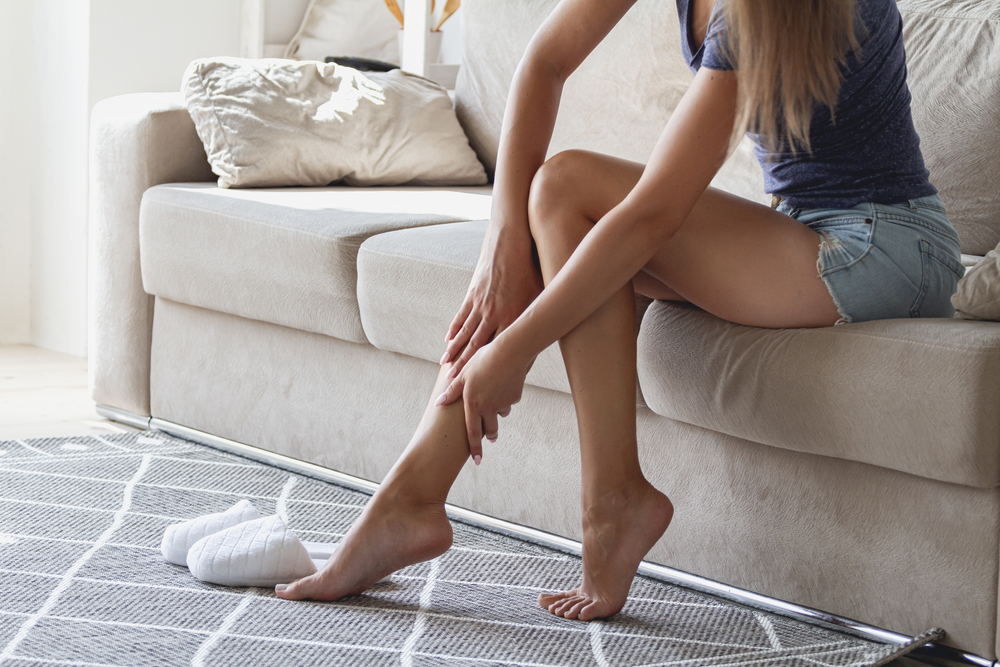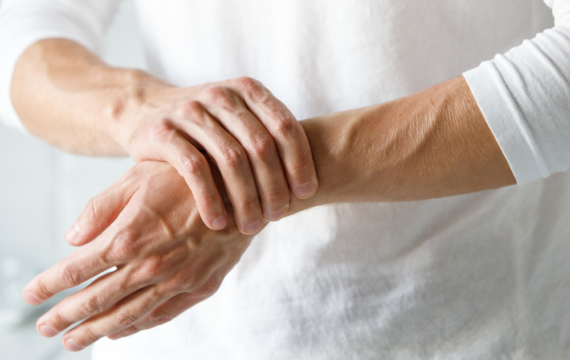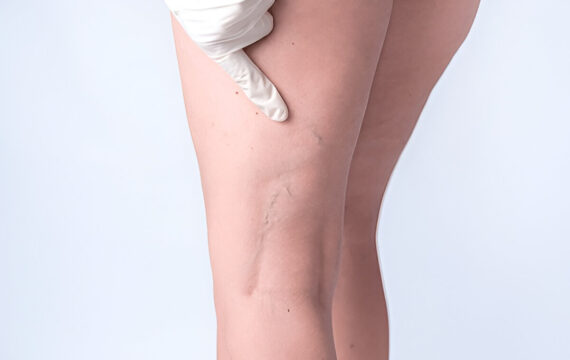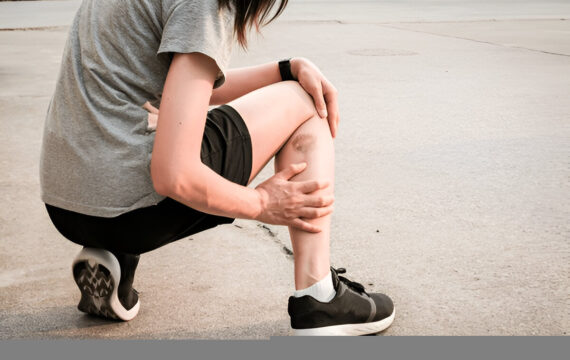Venous insufficiency, a condition where veins struggle to return blood from the legs to the heart, is increasingly common. It can cause discomfort, swelling, and varicose veins, affecting overall quality of life. A holistic approach to treating venous insufficiency focuses on addressing the root causes and promoting overall vascular health. This article explores five treatment options that embody a comprehensive strategy for managing this condition.
1. Lifestyle Modifications
One of the most fundamental aspects of a holistic approach to venous insufficiency is lifestyle modification. Key changes include regular exercise, a balanced diet, and weight management. Exercise, particularly activities that promote leg movement such as walking, swimming, and cycling, helps improve circulation and strengthens the calf muscles, which assist in blood flow. A diet rich in fruits, vegetables, and whole grains, combined with adequate hydration, supports vascular health and helps maintain a healthy weight, reducing pressure on the veins.
2. Compression Therapy
Compression therapy is a well-established treatment for venous insufficiency. This involves wearing compression stockings that apply pressure to the legs, aiding in the movement of blood back toward the heart. By reducing swelling and discomfort, compression stockings play a crucial role in managing symptoms. However, it’s essential to get the right fit and compression level, often best determined with the help of a healthcare provider.
3. Herbal and Nutritional Supplements
Incorporating herbal and nutritional supplements can enhance vascular health and alleviate symptoms. Supplements like horse chestnut extract, grape seed extract, and butcher’s broom have been traditionally used to improve circulation and strengthen vein walls. Additionally, antioxidants such as vitamin C and E, along with bioflavonoids, can reduce inflammation and support vascular function. Always consult with a healthcare professional before starting any new supplement regimen to ensure safety and effectiveness.
4. Mind-Body Practices
Stress and poor emotional health can exacerbate venous insufficiency symptoms. Mind-body practices such as yoga, meditation, and mindfulness can help manage stress, improve circulation, and promote overall well-being. Yoga, in particular, offers gentle stretching and strengthening exercises that enhance flexibility and support venous return. Regular practice can lead to improved blood flow and reduced swelling.
5. Minimally Invasive Procedures
For those who do not respond adequately to conservative treatments, minimally invasive procedures may be necessary. Options include sclerotherapy, laser therapy, and endovenous ablation. These treatments target and close off problematic veins, redirecting blood flow to healthier veins. They are typically performed on an outpatient basis and offer a quicker recovery time compared to traditional surgery. Discussing these options with a vascular specialist can help determine the most appropriate treatment based on individual needs.
Conclusion
Adopting a holistic approach to managing venous insufficiency can lead to significant improvements in symptoms and overall vascular health. Lifestyle modifications, compression therapy, herbal supplements, mind-body practices, and minimally invasive procedures collectively offer a comprehensive strategy to address this condition.
If you are experiencing symptoms of venous insufficiency, consider consulting with a healthcare provider to explore these holistic treatment options and develop a personalized care plan.




